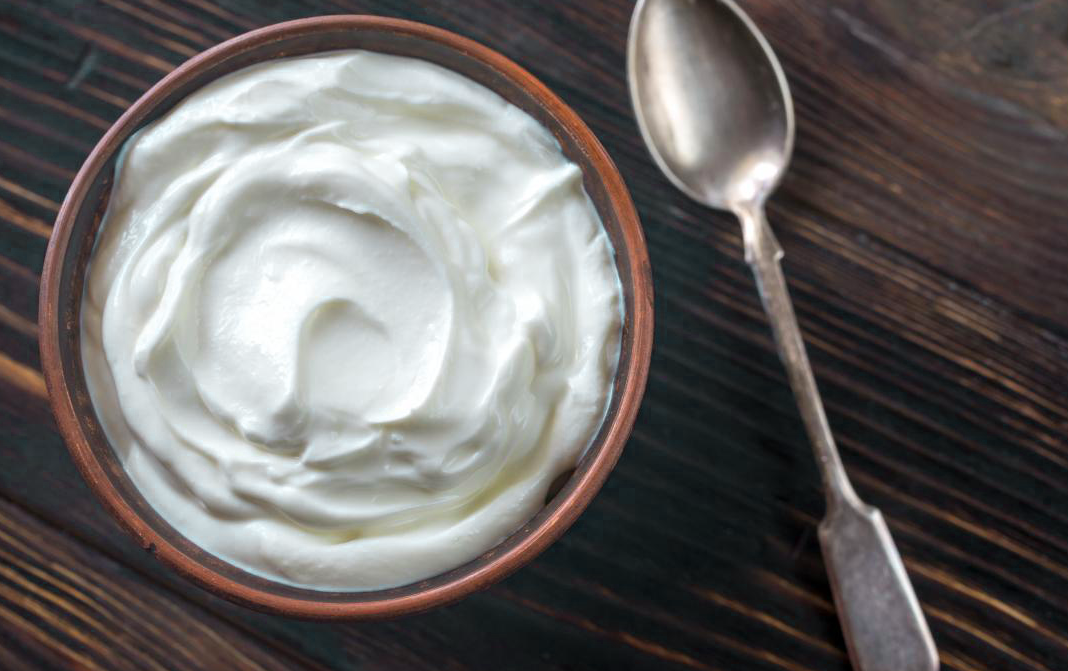


Choose plain and unsweetened varieties as they contain minimal ingredients without any added sugar. Aim to go for a brand that contains probiotics.
- Disclaimer
"Information here is provided for discussion and educational purposes only. It is not intended as medical advice or product or ingredient review/rating. The information may not apply to you and before you use or take any action, you should contact the manufacturer, seller, medical, dietary, fitness or other professional. If you utilize any information provided here, you do so at your own risk and you waive any right against Culinary Communications Private Limited, its affiliates, officers, directors, employees or representatives.”
Description
Yogurt is a very famous dairy product that is made by the bacterial fermentation of milk. It is prepared by using similar techniques as that of curd preparation but in case of yogurt the fermentation of milk is done by adding two specific strains of bacteria called lactobacillus bulgaris and streptococcus thermophilus. Sometimes other strains of lactic acid bacteria may also be added to enhance the probiotic load. The bacterium produces lactic acid, which causes the milk proteins to curdle, giving the yogurt its unique flavor and texture. Yogurt can be made from all types of milk like low fat, no fat and full fat. The origins of yogurt are unknown, but it is thought to be invented in the Mesopotamian regions. Today many varieties of yogurt are available in the market, some of the commonly consumed varieties include greek yogurt, goat milk yogurt, sheep milk yogurt, soy yogurt, almond yogurt, and coconut yogurt.